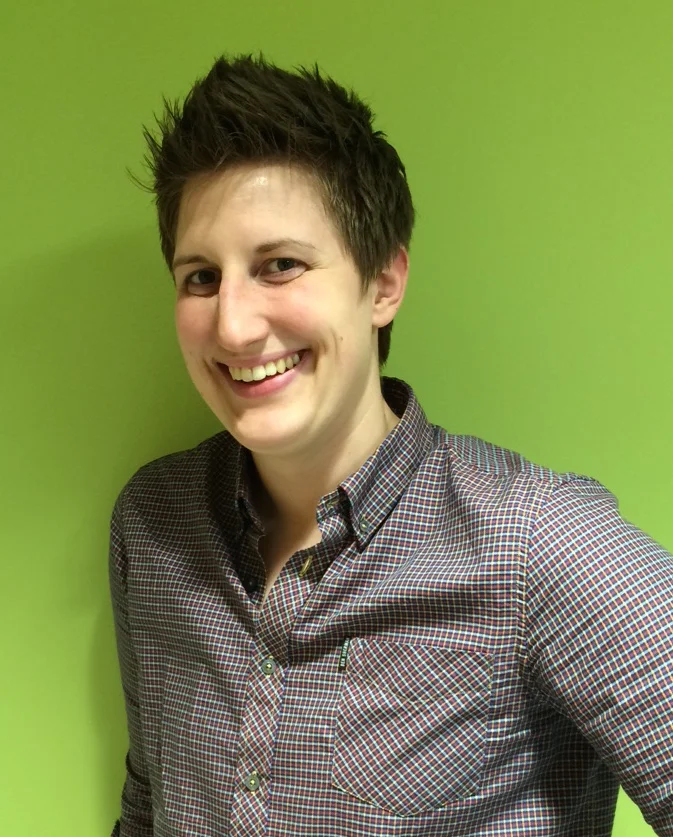#32 The Design Graduate
I'd like to introduce you to Kara Western. Kara currently works for a design agency in Portland focusing primarily on improving healthcare systems and/or devices. She spends a lot of time talking to people and trying to understand their needs, frustrations, and motivations. Kara was a student in the first cohort of the MA I designed and led. From day one I learned from her subtle and bold style of leadership and I am in constant admiration of how she shares her experiences of being part of the LGBT community. Here's what she has to say...
What's the biggest lesson you've learned over the last year?
Being a designer doesn’t mean you have to make things look pretty. Before starting at Hyper Island, just over a year ago, when I heard the word “designer” I always thought that meant you either made clothes or you made things look pretty….neither of which I’m good at. Therefore, there was NO WAY I could EVER be a designer. However, after six very intense months at Hyper Island that changed. I realised that being a designer can mean a lot of things and is not limited to only the look and feel of something. There’s so much more than making things look pretty. You have to understand what people need and how to make things usable, which comes from doing a lot of research and turning those findings into a solution.
What is your burning question of the moment?
How can we get healthcare institutions to better understand the value of investing in a better patient experience?
I’m incredibly passionate about creating better healthcare experience for people. I’ve watched parents spend hours scheduling appointments, wandering hospital floors trying to find their next appointment, worrying about insurance coverage rather than spending time with their incredibly sick child and kids getting hospitalised because after a day of poking, prodding and testing because they are so fragile that this wipes them out and they’re not stable enough to go home. I’ve seen work from the King’s Fund and Helix in the UK creating some great solutions. However, in the US it’s hard to get institutions to fund it and get the buy-in from the right stakeholders within the hospital because of how the system is created. The US healthcare system is a fee for service system rather than government funded. This means if patients aren’t coming in as frequently or spending less time in the hospital because they are in a room with a window view (which has been shown to decrease hospital stays) then the hospital isn’t making money. Therefore, why would the hospital invest money in making a better patient experience where patients spend time in the hospital, which means the hospital is making less money. This makes focusing on the patient experience challenging because nobody wants to fund it.
What is the most inspiring thing you've seen, heard or read, in the last year?
Joyce Lee's, MD, MPH Ted X talk “Participatory Design and the “Making” of Health”. Her kids have life-threading food allergies and needed to provide easier to digest information for their caregivers on how to administer an Epipen and what foods her kids are allergic. The Epipen material was too complex to read and understand in an emergency and her kids allergies are quite complex. To solve this problem she had her kids make videos and draw the pictures and record the audio describing how to know if they can eat something and what to do if they are having an allergic reaction. I was surprised at how much more impactful the story was hearing a kid explaining and drawing then had an adult done it. It also helped me realise that the quality of drawings don’t matter it’s all about whether or not you can get your idea across, which is great because I’m not a great artist. It’s also inspired me to use my users voices when telling a story back to clients about what they said because that is more meaningful then me recanting what they said.
What's your one piece of advice to students out there?
Be curious, be bold, be outside of your comfort zone, be willing to invite someone out for a coffee (people love to talk about themselves and are usually pretty happy to talk to you). Flirt with companies…you are interviewing them as much as they are interviewing you. Don’t just apply for jobs ask someone at the company for a coffee and see if it feels right. You’ll be spending so much time with these people that you need to make sure it’s going to be a good fit. Talk to as many people within the organisation as you can. Try not to just accept a job because it’s a job. Find something you’re passionate about and make it better.
You can read the rest of the profiles here...
#31 The Service Design TV Host
#28 The Human Interaction Designer
#26 The Design Writer and Doer
#23 The Behavioural Researcher
#21 The Local Government Designer
#19 The Human Centered Designer

